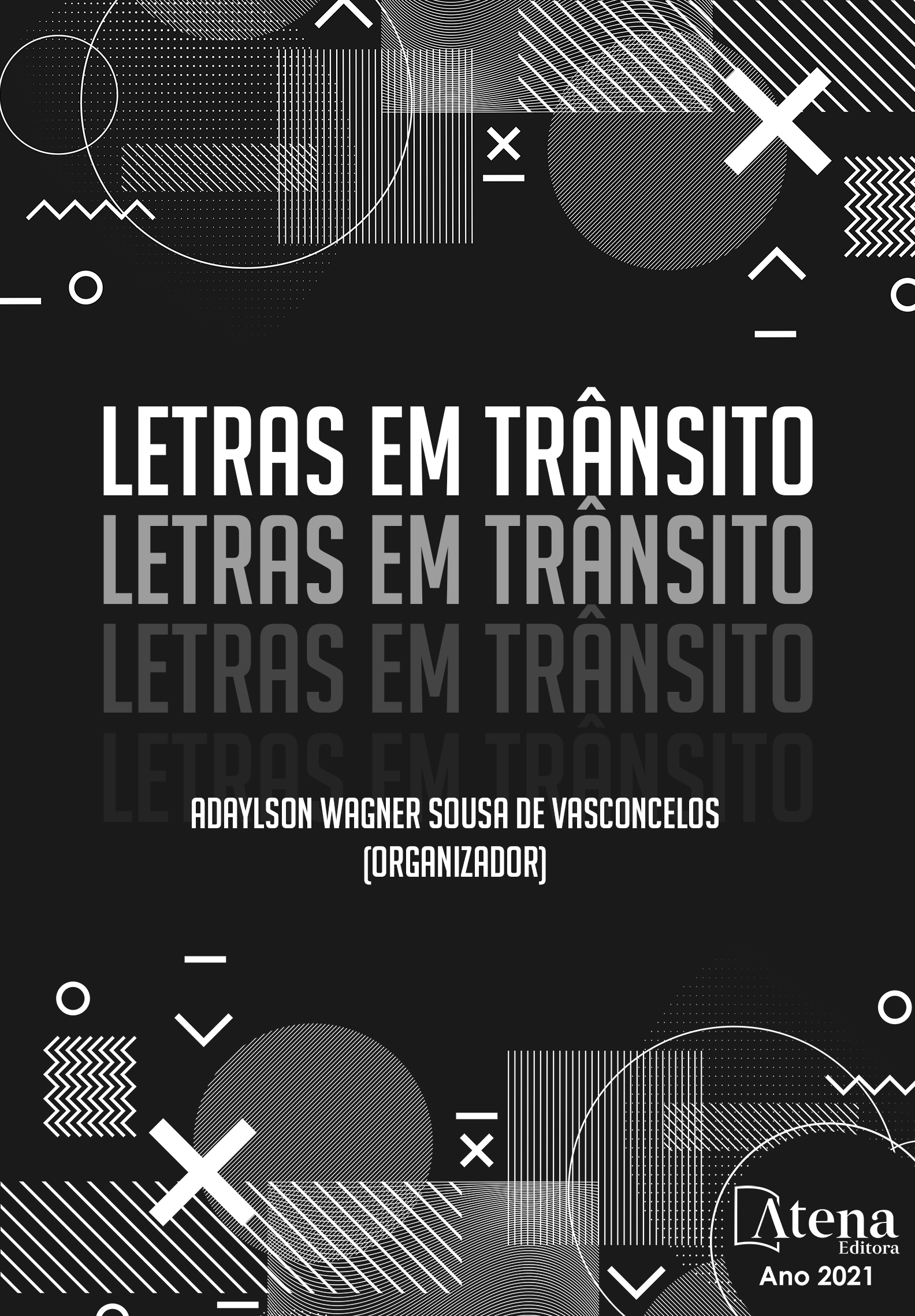
FANFICS E PODCASTS NAS AULAS DE LÍNGUA PORTUGUESA: POSSIBILIDADES DE APLICAÇÃO EM TEMPOS DE ENSINO REMOTO
O período de aulas remotas exigiu reflexão sobre métodos e práticas empregados no ensino de Língua Portuguesa e, nesse contexto, a tecnologia se tornou uma grande aliada no processo de ensino-aprendizagem. A fim de acompanhar as mudanças e adaptações do cenário educacional, este artigo objetiva relatar e sistematizar o trabalho realizado na disciplina de Estágio Supervisionado I, circunscrita no currículo do curso de Letras Português e Literaturas de Língua Portuguesa da Universidade Estadual do Centro-Oeste – UNICENTRO, que visou a elaboração de materiais didáticos acerca dos gêneros textuais digitais discutidos na Base Nacional Comum Curricular (2018). Tendo como ponto de partida as fanfics, isto é, narrativas criadas por fãs a partir de obras já publicadas, e os podcasts, arquivos de áudio produzidos e distribuídos sob demanda, realizou-se uma pesquisa bibliográfica sobre as características fundamentais a cada gênero. Posteriormente, deu-se a produção de vÍdeo-aulas e podcasts que auxiliassem professores e alunos da educação básica na compreensão dos referidos gêneros, bem como em sua possível aplicação no contexto escolar. Para isso, apoiamo-nos na sequência didática proposta por Joaquim Dolz, Michèle Noverraz e Bernard Schneuwly (2013) e apresentada por Luiz Antônio Marcuschi (2014), além de outros autores pertinentes ao tema. Ao final da atividade, pudemos perceber como os gêneros textuais digitais propiciam práticas contextualizadas, ampliam o senso crítico e auxiliam na emancipação digital de estudantes e professores em uma era essencilamente tecnológica.
FANFICS E PODCASTS NAS AULAS DE LÍNGUA PORTUGUESA: POSSIBILIDADES DE APLICAÇÃO EM TEMPOS DE ENSINO REMOTO
-
DOI: https://doi.org/10.22533/at.ed.2792116077
-
Palavras-chave: Fanfic; podcast; gêneros textuais digitais; materiais didáticos.
-
Keywords: Fanfic; podcast; digital textual genres; didatic materials.
-
Abstract:
The period of remote classes required reflection about methods and practices employed in portuguese language teaching and, in this context, technology became a great ally in the teaching-learning process. In order to follow the changes and adaptations of the educational scenario, this article aims to report and systematize the work done in the discipline of Estágio Supervisionado I, circumscribed in the curriculum of the course in Letras Português e Literaturas de Língua Portuguesa of the Universidade Estadual do Centro-Oeste – UNICENTRO, which aimed the elaboration of didatic materials about the digital textual genres discussed in the National Common Curriculum Base (2018). Starting from the fanfics, narratives created by fans out of published works, and podcasts, audio files produced and distributed on demand, a bibliographic research took place about the fundamental characteristics of each genre. Subsequently, videos and podcasts were produced to assist teachers and students in basic education in understanding these genres, as well as in their possible application in the school context. For this, we support ourselves in the didactic sequence proposed by Joaquim Dolz, Michèle Noverraz and Bernard Schneuwly (2013) and presented by Luiz Antônio Marcuschi (2014), as well as other authors relevant to the theme. At of the end of the activity, we were able to see how digital textual genres provide contextualized practices, broaden the critic knowlegde and help in the digital emancipation of students and tecahers in an essentially techonological age.
-
Número de páginas: 13
- Andrei Ribeiro
- Cláudia Maris Tullio
- Cindy Mery Gavioli-Prestes


